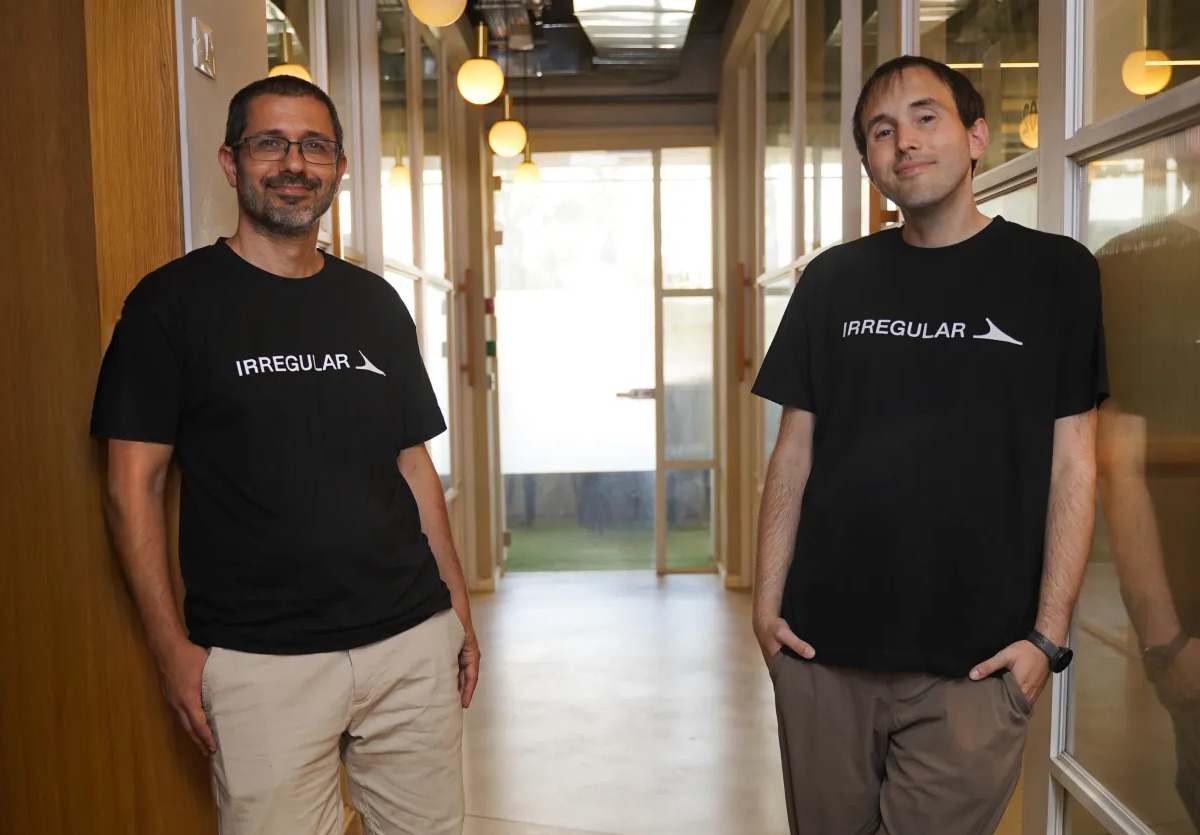Current recommendations for hepatitis B and MMRV vaccines
For hepatitis B, the CDC currently recommends the first dose within 24 hours after birth. Universal infant vaccination became the norm in 1991 after data showed too many cases of hepatitis B among pregnant women were missed during prenatal care.
A universal birth dose acts as a safety net, protecting infants whose parent’s infection might have been missed. Before birth-dose policies, the U.S. saw an estimated 1,000 preventable infections in newborns each year.
To protect against measles, mumps, rubella and varicella (or chickenpox), there are two options: a combo MMRV vaccine or separate MMR and varicella vaccines.
The CDC currently recommends a two-dose series beginning at age 12 to 15 months. However, the combination vaccine contains certain risks for younger age groups; specifically, the combo shot carries a slightly higher risk of fever-related “febrile” seizures when used as the first dose in young toddlers aged 12-23 months.
“For dose 1 in children age 12–47 months, it is recommended to administer MMR and varicella vaccines separately,” the CDC says, but adds MMRV may be used if preferred.
Former CDC director said she is “very nervous” about the upcoming childhood vaccine panel recommendations
While testifying at a Senate hearing Wednesday about why she was ousted as CDC director, Dr. Susan Monarez said she’s “very nervous” about the newly appointed ACIP members and what their recommendations might be.
“I know that the medical community has raised concerns about whether or not, again, they have the commensurate backgrounds to be able to understand the data, the evidence, and to evaluate it appropriately, but I certainly will be watching,” she said.
In another part of the hearing, Monarez said she refused to rubber-stamp vaccine recommendations without seeing the evidence behind them because she “built a career on scientific integrity.”
“My worst fear was that I would then be in a position of approving something that would reduce access to lifesaving vaccines to children and others who need them,” she said.
Monarez added she is not aware of any scientific evidence to support changing the childhood vaccination schedule for measles, chicken pox and hepatitis B.
Kennedy’s newly appointed ACIP members include allies and vaccine critics
After firing all 17 of the committee’s previous members in June, Kennedy named eight new advisers to the ACIP, one of whom later withdrew. They include several allies he has worked with closely over the years and some have a history as vaccine critics.
Kennedy appointed the new members directly, breaking with the past practice of agency officials vetting potential experts before sending them to the secretary for approval.
Just this week, the group gained five new members, the HHS announced. The latest additions include some who have questioned established medical research on immunizations and the COVID-19 pandemic.
Panel to consider COVID vaccine recommendations Friday as West Coast states move ahead
A day before the ACIP meetings kicked off, a group of four West Coast states recommended that all adults and children in those states who want them can receive the COVID-19 vaccine and other common shots.
The announcement was made in a joint statement from Oregon Gov. Tina Kotek, Washington Gov. Bob Ferguson, California Gov. Gavin Newsom and Hawaii Gov. Josh Green, all Democrats, saying they were putting safety before politics.
The guidance, which aligns with mainstream medical groups like the American Academy of Family Physicians and American Academy of Pediatrics, comes amid confusion over the CDC’s messaging on vaccinations.






